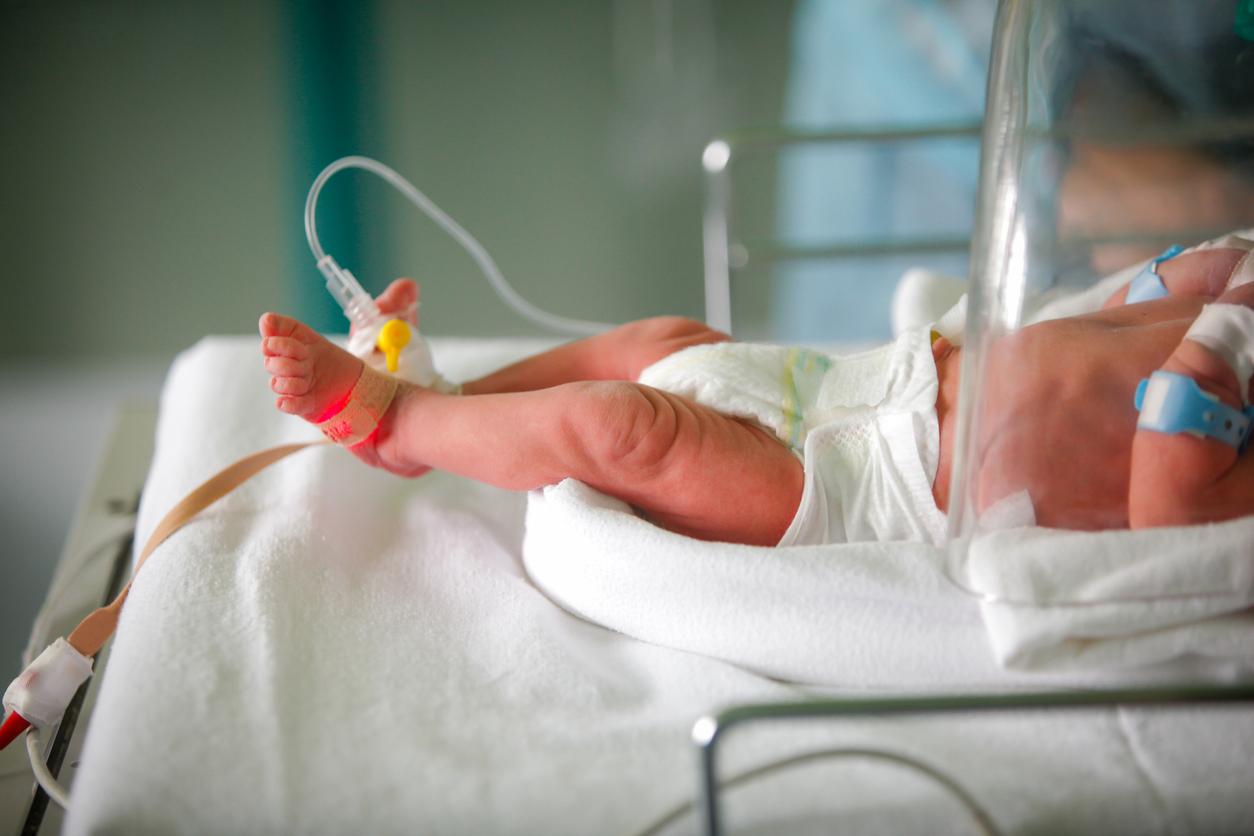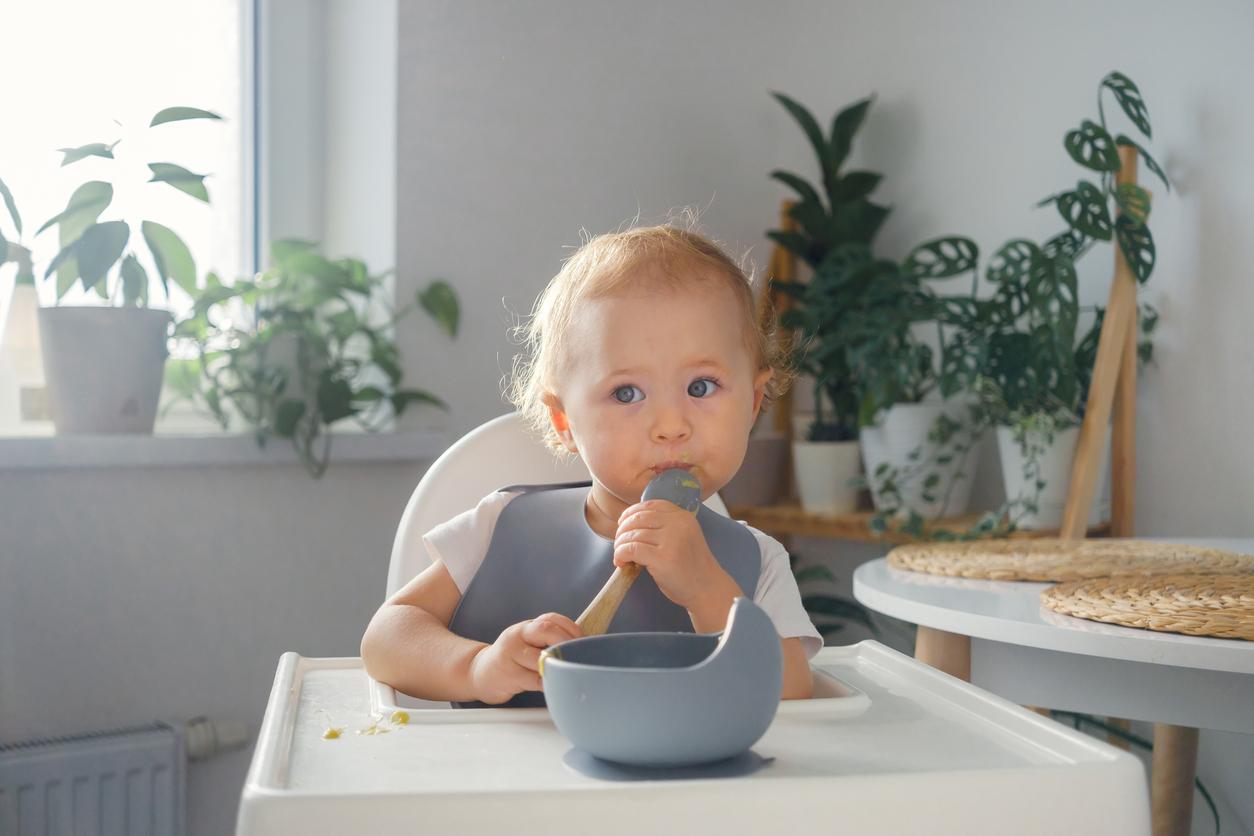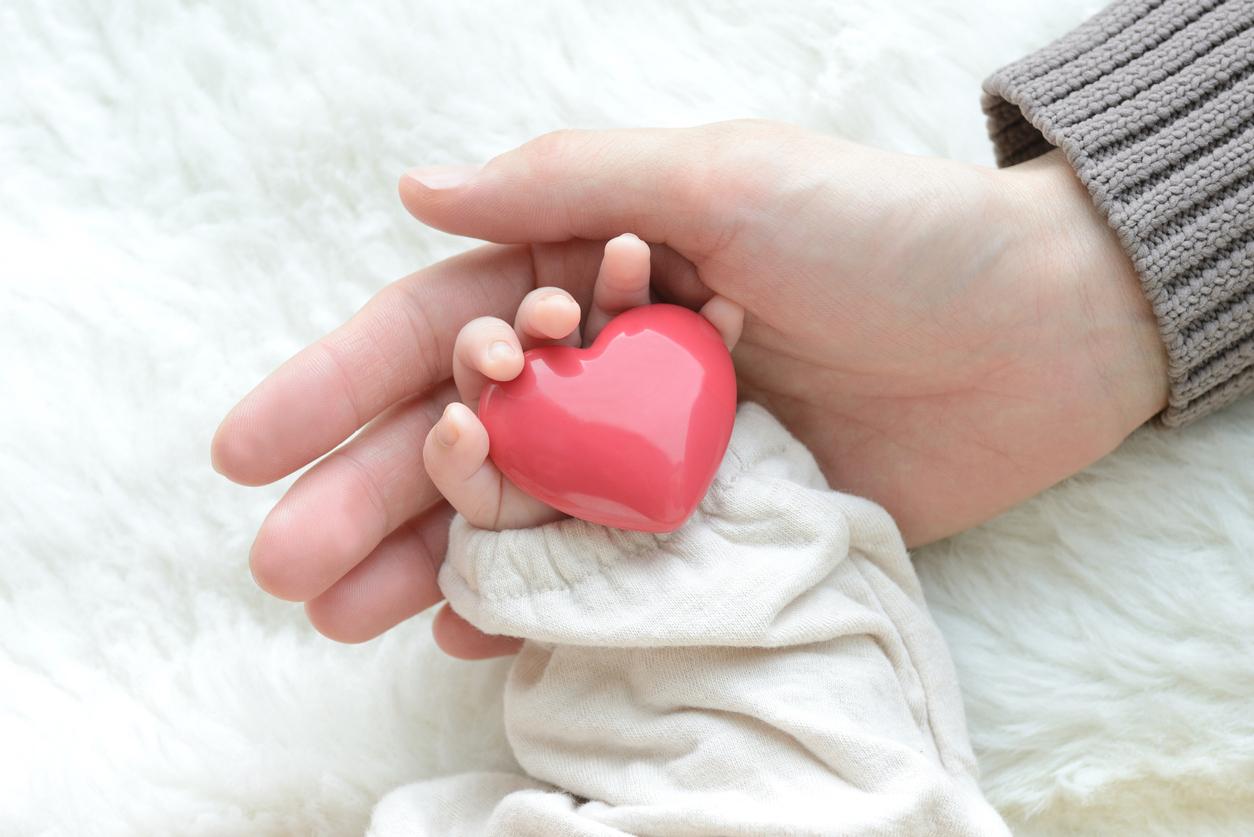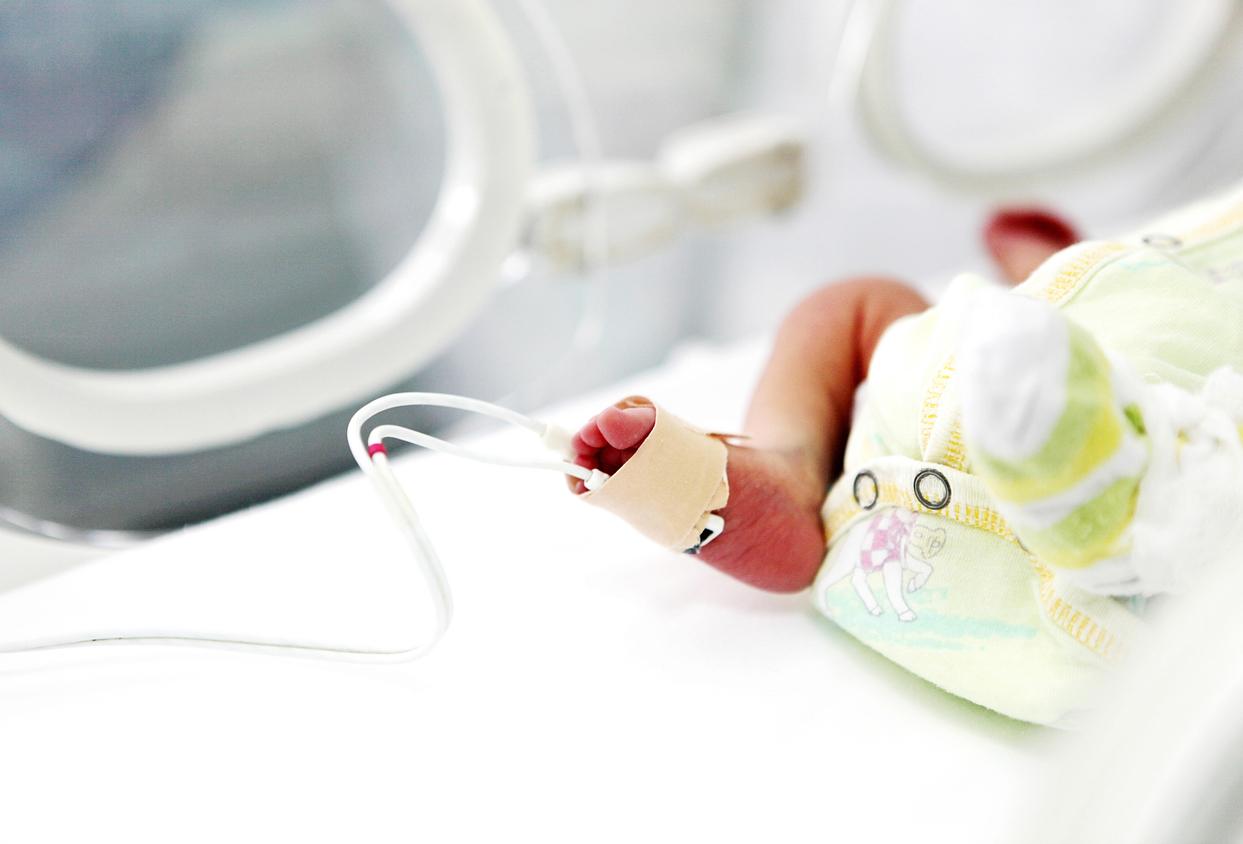Encouraging physical contact and touch with your baby is not just about providing love and comfort, it also contributes to their overall development.

- From the first moments of life, physical contact significantly influences the emotional, cognitive and physical development of the child.
- For example, when you gently caress your baby, you activate the brain circuits that process touch, thereby strengthening their brain and promoting new neural connections.
- But physical contact is not limited to moments of caresses; it also includes daily care such as bathing or diaper changes. These activities, although routine, are valuable opportunities to stimulate the baby’s five senses.
The first months of a baby’s life are essential for their overall development. Physical touch, often seen simply as a way to provide comfort and attention, actually plays a much more crucial role. It significantly influences the emotional, cognitive and physical development of the child.
Brain development stimulated by touch
Touch is one of the first ways a baby learns and explores the world. From birth, physical contact with parents and caregivers stimulates the development of essential neural networks. These networks are responsible for transmitting information from the brain to the rest of the body. For example, when you gently caress your baby, you activate the brain circuits that process touch, thereby strengthening their brain and promoting new neural connections.
Strengthening emotional bonds and managing stress
Cuddles and regular physical contact help establish a strong bond between the baby and his parents. This bond is the basis of the child’s emotional security. When a baby feels secure, their body produces less cortisol, the stress hormone, and more oxytocin, often called the love hormone.
This hormonal process helps the baby better manage stress and strong emotions from an early age. A simple gesture like holding your baby when he cries can really reduce his anxiety and increase his sense of security.
Sensory stimulation and discovery
Physical contact is not limited to moments of caresses; it also includes daily care such as bathing or diaper changes. These activities, although routine, are valuable opportunities to stimulate the baby’s five senses.
Each new texture, temperature or pressure he feels is a learning opportunity that contributes to his sensory awakening and the acquisition of new motor and cognitive skills. So don’t hesitate to encourage your baby to explore his environment through touch.
Learn more: “The Big Book of Baby Development” by Frans X. Plooij, Hetty van de Rijt and Noa Grünenwald.
















